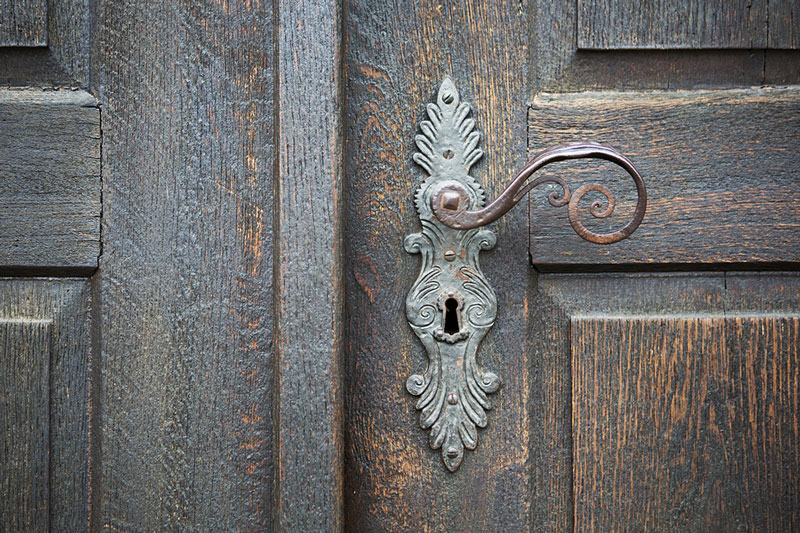
CHARLESTON—Safety and security have increasingly become a concern for churches in the wake of tragic events such as the shootings that killed nine people at a Bible study at Emanuel African Methodist Episcopal Church in Charleston in 2015 and 25 worshipers at a Baptist church in Texas in 2017.
The Diocese of Charleston has responded to these concerns by studying and revising its policy on safety, security and weapons on parish, school and other diocesan properties. The updated policy was approved Feb. 7 by Bishop Robert E. Guglielmone in response to a recommendation from the Presbyteral Council.
The policy addresses several key issues: the creation of safety ministries at parishes, the definition of those who may be authorized to carry weapons on parish, school, or diocesan property and the approval of contracts with armed security services. It also notes that having a concealed weapons permit does not mean a person can carry weapons on diocesan property unless that person also meets the qualifications set forth in the policy.
Several parishes have already taken steps to form volunteer committees trained to promote safety and handle emergencies at worship services and other events. It should be understood, however, that members of volunteer committees who are not employed by qualified security firms are not allowed to carry weapons on diocesan property, according to the policy. The diocese endorses safety ministries in general and says volunteers should ideally be people with experience in public safety, such as police officers, firefighters, members of the military, paramedics and other medical professionals.
The new policy also addresses the issue of hiring armed security to patrol churches, schools and other properties, and states that only authorized security officials are permitted to carry guns or other weapons on diocesan property. These officials are defined as active duty or retired law enforcement officers as defined by the Federal Law Enforcement Officers Safety Act, or employees of a security company that provides security through the use of armed guards licensed by the South Carolina Law Enforcement Division.
Under the new guidelines, all contracts for armed security at a parish or school must be approved by the diocese and the pastor or principal of a school in the diocese.
Elaine Fowler, general counsel for the diocese, stressed the fact that pastors or parish administrators still have the final say on whether to allow armed security at a parish.
“The diocese encourages parishes and schools to be concerned about safety in general, totally apart from the aspect of armed security and weapons,” Fowler said.
“There are so many things parishes can do to promote safety, such as having local law enforcement conduct a ‘security audit’ and make recommendations, and having a coordinated plan for and educating people on how to respond to medical emergencies, fires, severe weather and other emergencies,” she said.

